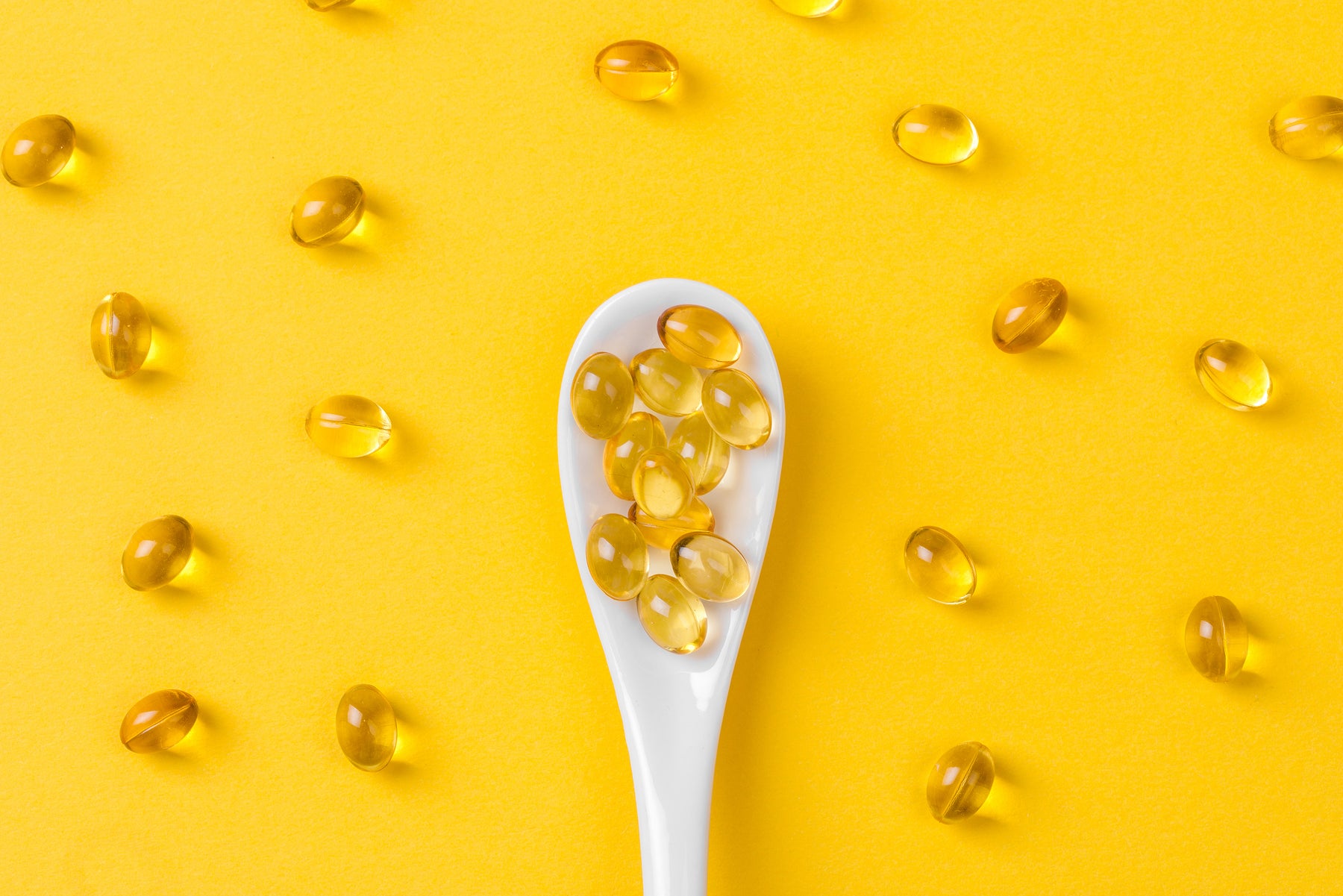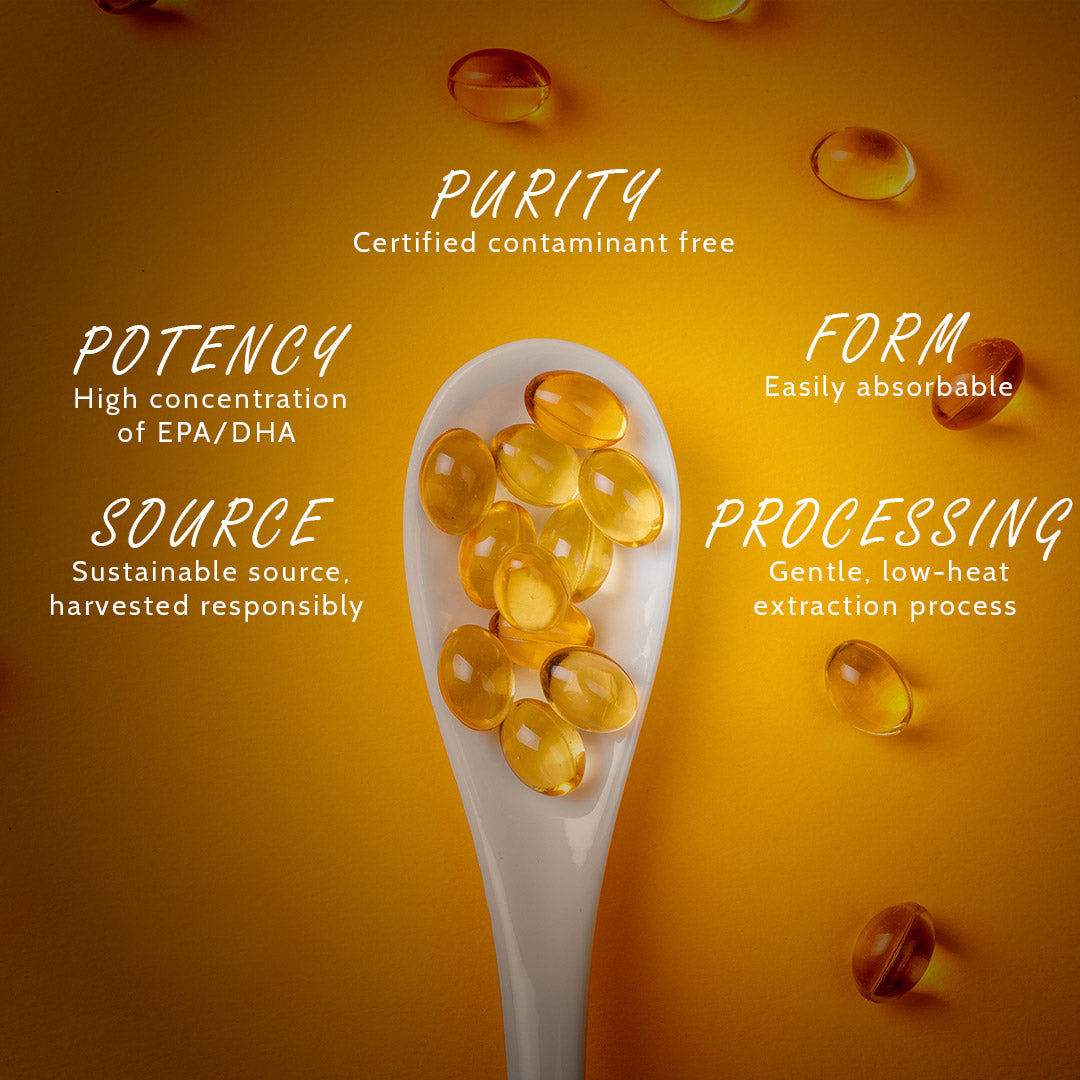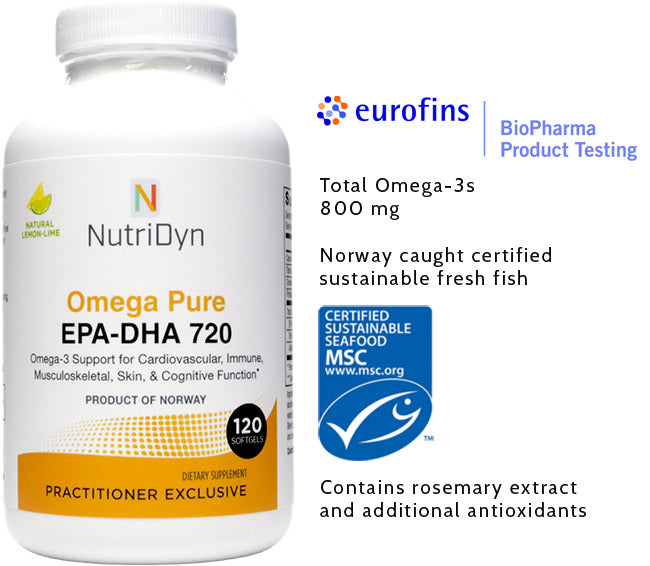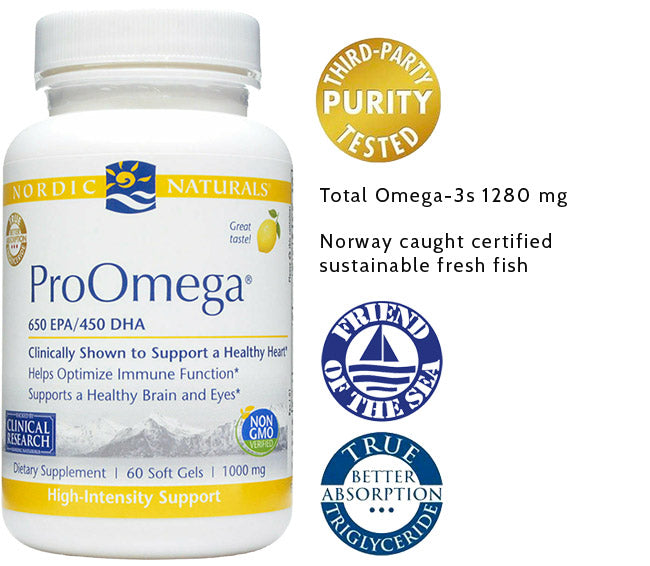On orders over $30!

What Makes Some Fish Oil Supplements Better Than Others?
Fish oil supplements have gained popularity over the years, as more people seek to improve their overall health and wellbeing. These supplements are made from the oil of fatty fish like salmon, mackerel, and sardines, which are rich in omega-3 fatty acids. Omega-3 fatty acids are essential nutrients that our bodies cannot produce on their own, but they are critical for maintaining healthy brain function, heart health, and reducing inflammation throughout the body.
Not all fish oil supplements are created equal, however. The quality and effectiveness of a fish oil supplement can vary widely depending on several factors. In this article, we will explore the factors that make some fish oil supplements better than others and how to choose the best one for your needs.
Purity and quality
The purity and quality of the fish oil used in supplements is one of the most important factors to consider when choosing a fish oil supplement. Fish are often contaminated with toxins such as mercury, PCBs, and dioxins, which can be harmful to human health. These toxins can accumulate in the fatty tissue of fish, making it essential to choose a supplement that is free from these contaminants.
The best way to ensure the purity and quality of fish oil supplements is to look for products that have been third-party tested. Third-party testing involves an independent laboratory analyzing the product to ensure that it meets strict standards for purity and quality. Look for supplements that have been tested by organizations such as the International Fish Oil Standards (IFOS) or the United States Pharmacopeia (USP).
Concentration of Omega-3s
The concentration of omega-3s in a fish oil supplement is another important factor to consider. Omega-3s are the active ingredients in fish oil supplements, and higher concentrations of these fatty acids can provide more significant health benefits.
Look for supplements that have high concentrations of EPA (eicosapentaenoic acid) and DHA (docosahexaenoic acid), which are the two most important omega-3s for human health. The concentration of EPA and DHA should be clearly labeled on the product packaging.
Source of fish oil
The source of the fish used to make the fish oil supplement is another important factor to consider. The best fish oil supplements are made from oily fish that are low in mercury and other toxins.
Look for supplements that are made from fish that have been sustainably sourced and responsibly harvested. Some of the best sources of fish oil include wild-caught salmon, sardines, and anchovies.
Freshness
Fish oil can easily become rancid, which can cause the oil to become less effective and even harmful. Rancid fish oil can cause digestive upset, and it may even increase the risk of oxidative damage in the body.
The best fish oil supplements are made from fresh fish oil that has been processed quickly and stored correctly to prevent oxidation. Look for supplements that have been formulated with added antioxidants, such as vitamin E or rosemary extract, which can help to preserve the freshness of the oil.

Form of the supplement
Fish oil supplements come in several different forms, including soft gels, liquids, and capsules. The form of the supplement can affect how well the body absorbs the omega-3s in the fish oil.
Soft gels and capsules are the most common form of fish oil supplements and are easy to swallow. They are also convenient for travel and can be taken on the go. Liquids are another option, but they can be challenging to measure and may not be as convenient to take.
The form of the supplement you choose will depend on your personal preferences and lifestyle. Regardless of the form, look for supplements that are easy to take and are formulated for maximum absorption. Many high quality fish oil supplements contain patented ingredient formulas to optimize absorption.
High Quality Fish Oil Supplement Examples
Omega MonoPure 1300 EC by Xymogen
Omega Pure EPA-DHA 720 by Nutri-Dyn




Leave a comment